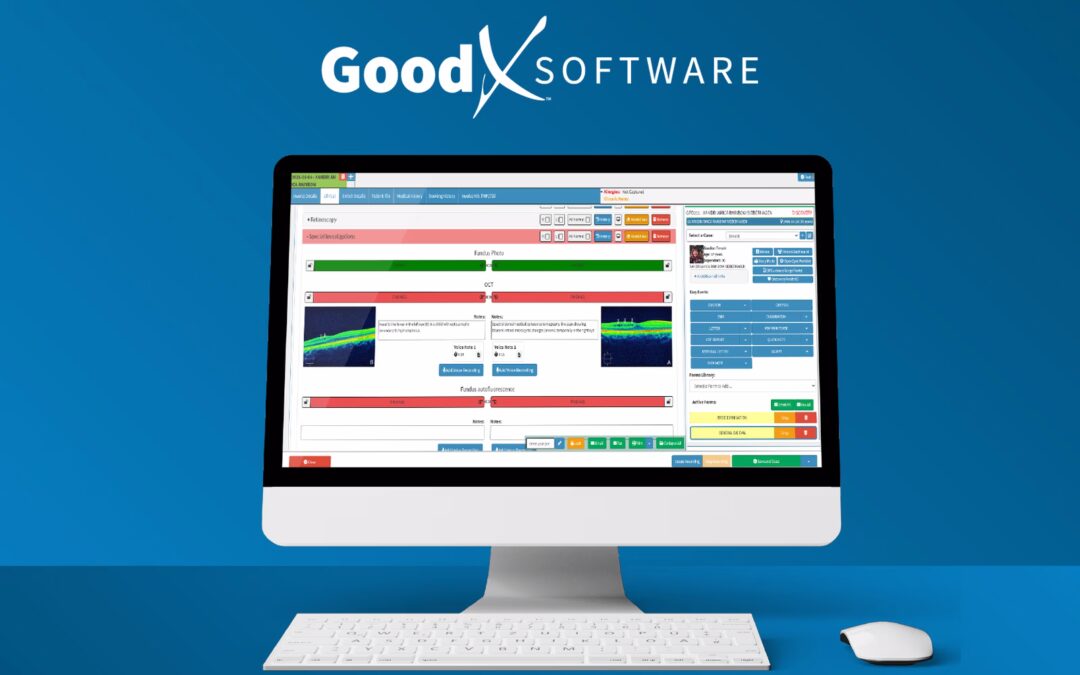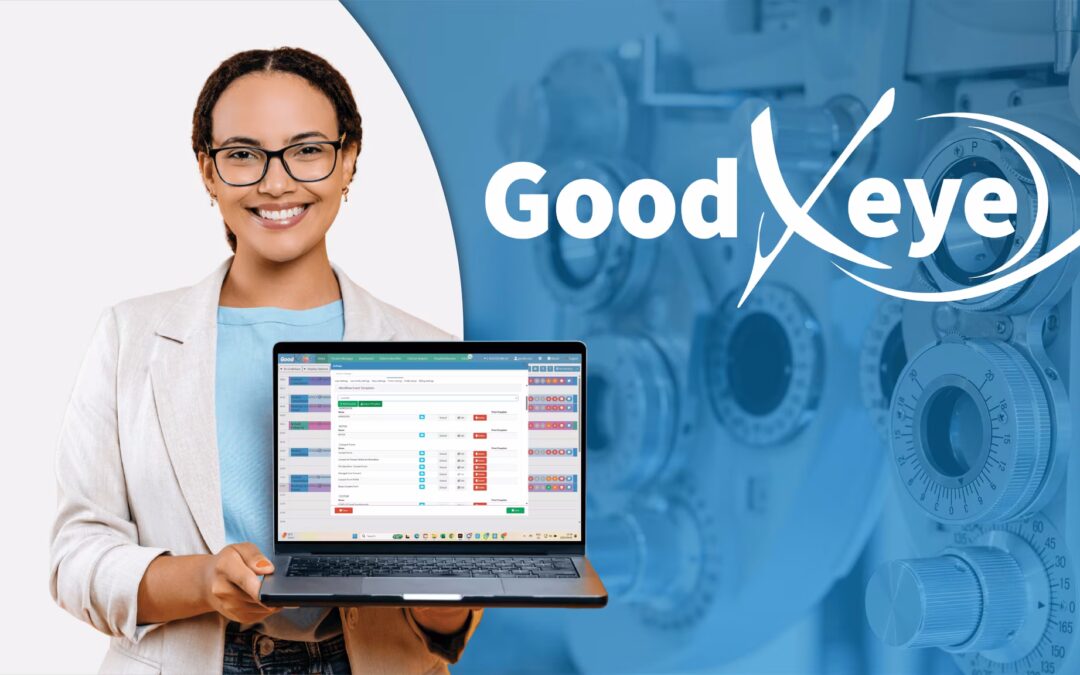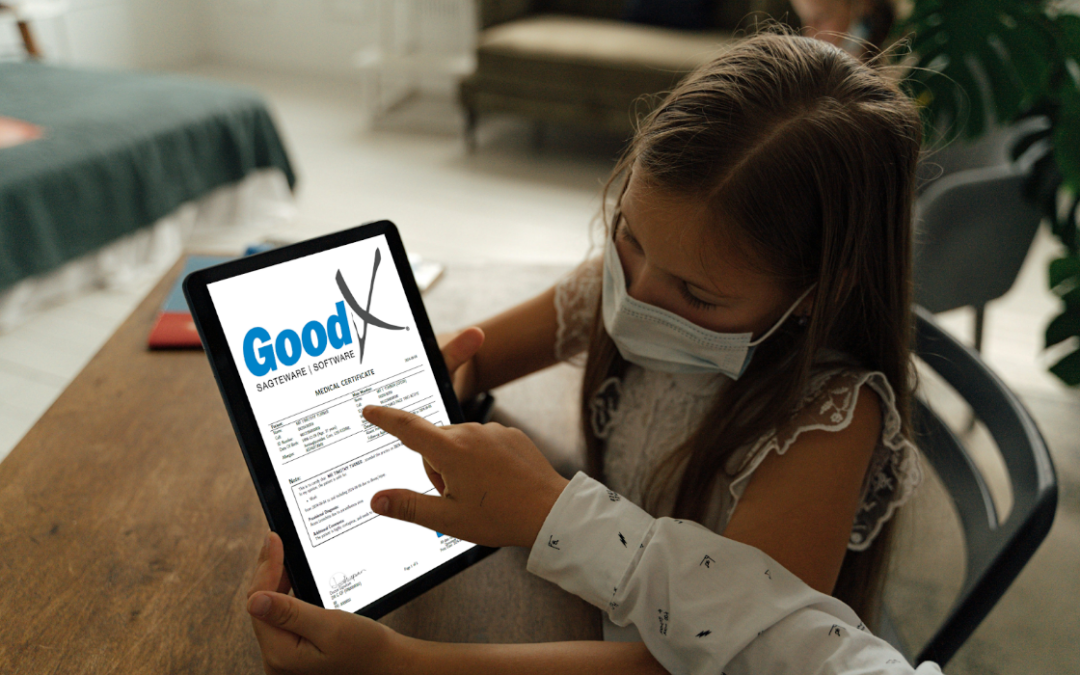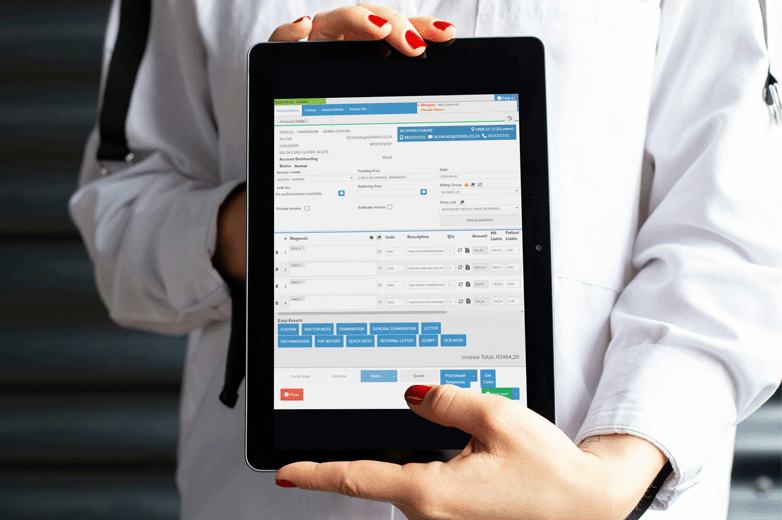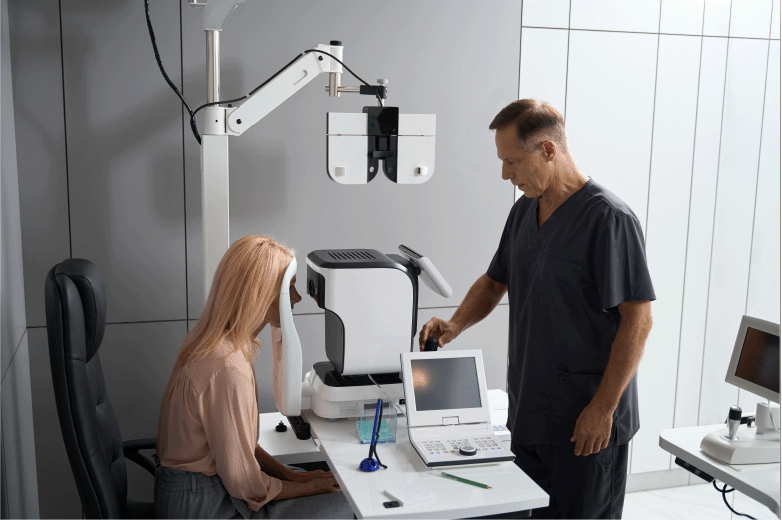In ophthalmology, building strong patient relationships goes beyond clinical skill. Patients want to feel heard, valued, and supported — and that often starts with how smoothly your practice operates. Efficient eyecare not only improves day-to-day operations but also builds lasting trust with your patients.
Why Efficiency Matters in Eyecare
When a practice runs efficiently, it creates a more positive experience for everyone. Shorter wait times, clear communication, and seamless processes show patients that their time and wellbeing are respected. This boosts satisfaction and encourages long-term loyalty.
4 Ways Efficiency Enhances Patient Relationships
1. Easy Appointment Booking:
Online scheduling, digital check-ins, and automated reminders reduce admin work for both patients and staff, making the first impression a smooth one.
2. Streamlined Clinical Workflows:
Using smart ophthalmology software helps reduce time spent on paperwork. Digital imaging, shared clinical notes, and quick access to patient history make consultations more focused and personal.
3. Better Communication:
Efficient practices follow up automatically with appointment reminders, test results, and aftercare information. Consistent, clear communication helps patients feel cared for beyond the consultation.
4. Accurate, Transparent Billing:
Integrated billing systems reduce errors and simplify payments. Patients appreciate clarity and speed when it comes to finances.
The Role of Technology
Modern ophthalmology software connects your clinical, admin, and billing tasks in one system. This improves accuracy, saves time, and lets your team focus on what truly matters — patient care.
Find out how GoodX’s innovative eye care features can benefit your practice by contacting us today!
Visit GoodX International to see all of the countries that we are currently servicing. Don’t see your country? No problem! Contact us today and we can still assist your ophthalmology practice!

